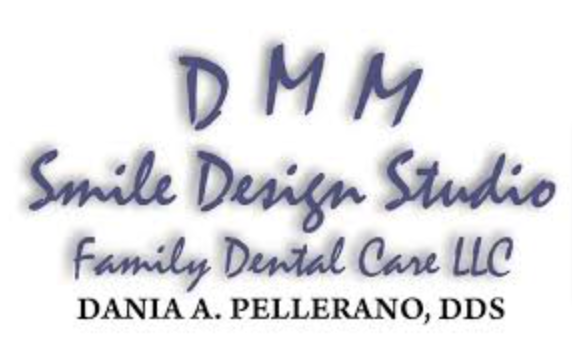Bad breath, also known as halitosis, is a common dental problem. In fact, 90% of adults experience halitosis at some point in their lives. But, there's a difference between occasional bad breath and chronic bad breath. Chronic bad breath is a sign of a dental problem that needs treatment. Listed below are a few common tips to eliminate halitosis.
Brush your teeth twice daily
One of the most common causes of bad breath is poor oral hygiene. The bacteria that cause gum disease and cavities thrive on the plaque on teeth. If you don't brush long enough to scrub all the food particles away, they will begin to ferment in plaque and eventually reach the bloodstream. From there, the bacteria can enter the lungs and release foul-smelling byproducts, such as hydrogen sulfide. By brushing twice a day, you can prevent the buildup of bacteria and get rid of your bad morning breath before it starts!
To brush your teeth properly, use a soft-bristled toothbrush and a toothpaste that includes fluoride. Use small, circular motions to gently clean the surface of each tooth. Start at the back of your upper teeth and then move to the front of your lower teeth. You should spend at least two full minutes at each quadrant of your mouth. Once you've finished cleaning your back molars, floss to remove any additional debris that your toothbrush couldn't reach.
Floss at least once a day
While brushing can remove most surface stains and bacteria, it cannot fully penetrate between teeth. Cavities can form in the spaces where two teeth touch, but brushing alone cannot remove everything. As a result, flossing is the only way to fully remove plaque buildup between teeth and along the gum line.
Brush your tongue
Most people only brush their teeth and ignore brushing their tongues, which are full of bacteria. However, it's important to clean the tongue to get rid of the bad odor-causing bacteria there. If you don't remove it through daily tongue cleaning, the bacteria will eventually break down proteins within your body and create an unpleasant smell.
Clean dentures or dental appliances
Plaque and leftover food can get trapped in the small crevices of your dental appliance. This can lead to bad breath, cavities, and other oral health problems. Always brush your dentures daily using a denture toothbrush and nonabrasive toothpaste to avoid these issues. When cleaning your dentures, be sure to rinse them after brushing to remove any remaining debris. Soaking your dentures can help remove stains and leave them feeling fresh and clean. Once a year, bring your dentures into the dental office for a professional cleaning and checkup. This will allow your dentist to make sure they are fitting properly and not causing any irritation to your gums. Learn more here.
Avoid dry mouth
A dry mouth can disrupt the entire oral cavity, including the teeth, gums, and tongue. When your mouth is dry, you produce less saliva, which can negatively affect your oral health. Without enough saliva, you are unable to flush harmful bacteria away from your gums, which can result in swollen and red gums that are prone to infection. Additionally, a dry mouth causes bad breath. Your breath may worsen due to insufficient saliva production when you don't have enough saliva to wash away food particles that remain in the mouth after eating. In addition to brushing your teeth twice per day, it is important to rinse your mouth with water after every meal in order to stimulate the production of saliva. It is also helpful to avoid tobacco products and alcohol, which can contribute to dry mouth. Finally, drink plenty of water throughout the day to keep your body hydrated.
Adjust your diet
Certain foods and drinks have the potential to cause bad breath. By avoiding them, you can prevent bad odors from forming in your mouth. Examples include garlic, onions, anchovies, and certain spices. Acidic drinks are also known to produce an unpleasant smell in people's mouths. Try to avoid drinking these beverages too frequently. Some examples include coffee, soda, wine, and other alcoholic beverages. It's also a good idea to remove tobacco products from your daily lifestyle as well. Tobacco products can cause a number of oral health problems, including bad breath.
Regularly get a new toothbrush
You should replace your toothbrush every three months or whenever the bristles start to fray. An old toothbrush holds more bacteria and won't clean your mouth as well.
Schedule regular dental checkups
If you've tried other ways and are still having bad breath, it's time to talk to your dentist. He or she can tell you if there's an underlying condition causing the problem and recommend treatments to get rid of your bad breath once and for all. Regular cleanings can also help keep your breath fresh.
To find out more about the dental services offered at our dental practice, call (505) 292-8515 or schedule an online consultation. You can also visit us at 8400 Osuna Rd NE, Suite 5B, Albuquerque 87111.

